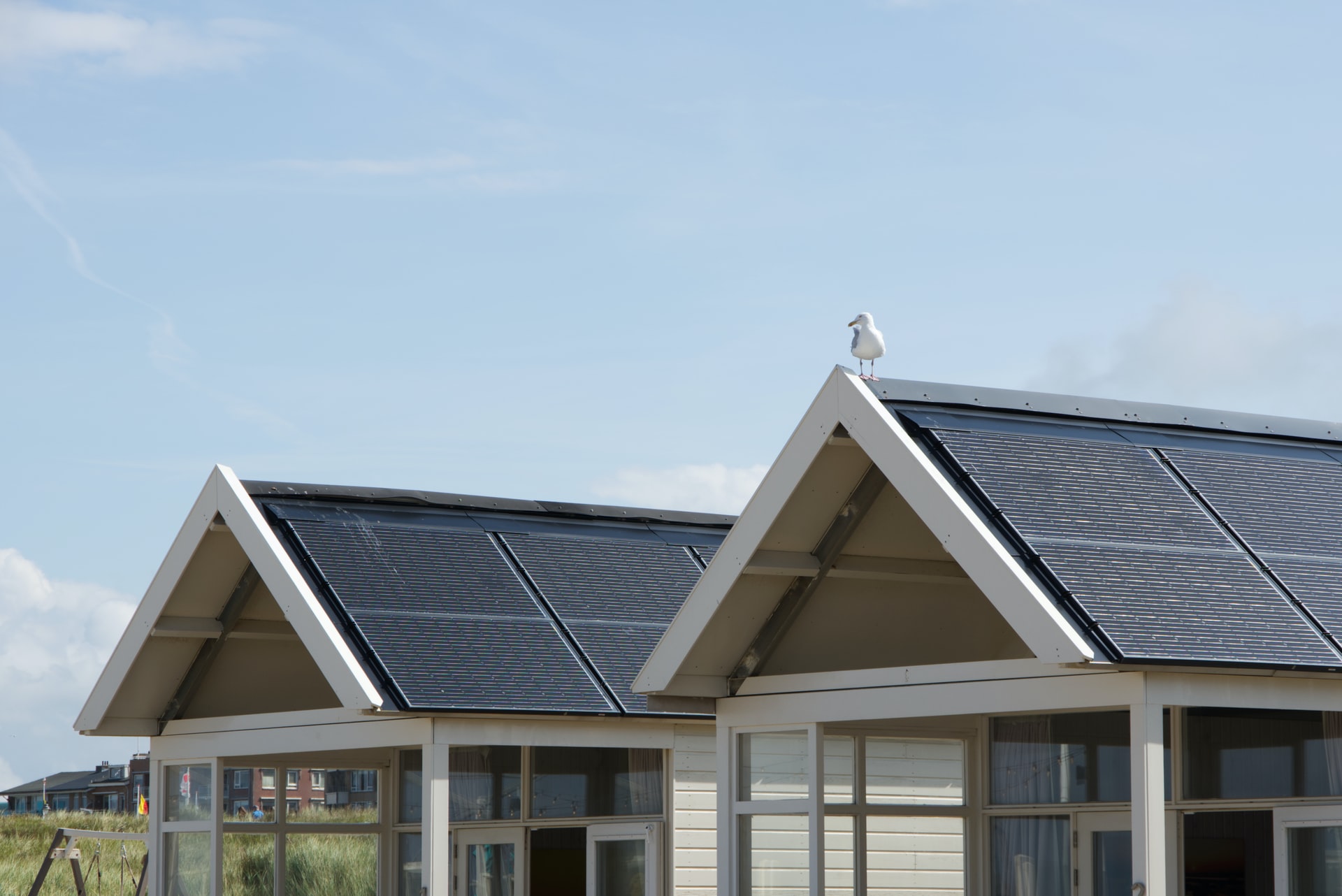Energy companies keep hitting the headlines, accused of not passing on savings in the wholesale markets to consumers. Estimates vary, but households may be paying an extra £182 a year for their energy bills as of early 2019.
Part of the problem is that companies are sticking to the upper limit of Ofgem’s price cap, which was hiked up by Ofgem in April 2019 by £117 to £1,254. The price cap was intended to protect consumers, but some are worried that it’s counterproductive. Ofgem itself is even launching a consultation on the future of its price cap.
Want to know a bit more about what Ofgem is and how they could help you? Read on…
What is Ofgem?
Ofgem was founded in 1999 after the UK government consolidated the Office of gas supply and the Office of energy regulation into one non-ministerial department. Ofgem stands for the Office of Gas and Energy Markets.
What is the point of Ofgem?
Ofgem’s main goal is to protect the consumer by monitoring energy suppliers. They set regulations and implement policies to ensure that households across the UK aren’t being taken advantage of.
How is Ofgem funded?
Ofgem requires the regulated companies to acquire licenses. Each year, these companies pay an annual fee to Ofgem.
How can Ofgem help me?
- Ofgem protects you by regulating the energy industry. They require suppliers to release the prices of their tariffs to help you get the better deal.
- They have something called the Domestic Renewable Heat Incentive (RHI). Basically, this deal encourages you to install renewable heat in your home with a financing plan. It lasts 7 years and pays you quarterly.
- They also provide the Warm Home Discount. If you live in an expensive area where it’s hard to pay a reasonable amount to heat your house, you are eligible for a rebate of £140.
What is their price cap all about?
When you switch supplier, you will usually end up on a fixed rate tariff. Typically, this tariff lasts 1 year and once it ends, your energy supplier automatically switches you to a default (or standard) tariff. These “Standard Variable Tariffs” are almost always the most expensive tariffs out there, and will inevitably cost more than the deal you originally signed up for.
Basically, it’s a horrible deal. To help people who haven’t switched, Ofgem set a price cap to prevent suppliers from charging ridiculous amounts. The price cap is reevaluated every 6 months (April and October) and impacts those living in England, Wales and Scotland. Northern Ireland has its own price caps implemented by their version of Ofgem.
Does the price cap ensure that I’m on a good deal?
In short, no. The price cap may save you a few pounds, but it’s actually more likely to make things worse in the long run. The cap has already risen above what all the energy suppliers were charging before it was introduced, despite a drop in wholesale energy rates. This means that you’ll still have to search around to find the best deal on the market with a new supplier, and keep searching every time that deal runs out!
Also, the price cap isn’t a cast-iron cap. It’s just based on typical usage estimates - if you have a large home or just use a lot of energy, you could easily end up paying a lot more than the cap.
How can Switchd help me?
Switchd is an auto-switching company that makes sure you get the best value tariff without spending a ton. We constantly monitor prices released by suppliers and if we find a better deal, we’ll switch you, automatically. From just £1.99 per month, you can save an average of £400. It’s that easy!
So, what are you waiting for?
- We save you more time and money than comparison sites and our free competitors. And what’s more, you’ll only be charged for our service if and when we get you a saving of £50 or more.
- Its quick to sign up, then hassle-free thereafter.
- Auto switching is for those who want to save money, but don’t have the time or patience to keep switching. If you want to save money hassle-free, auto switching may well be for you.




